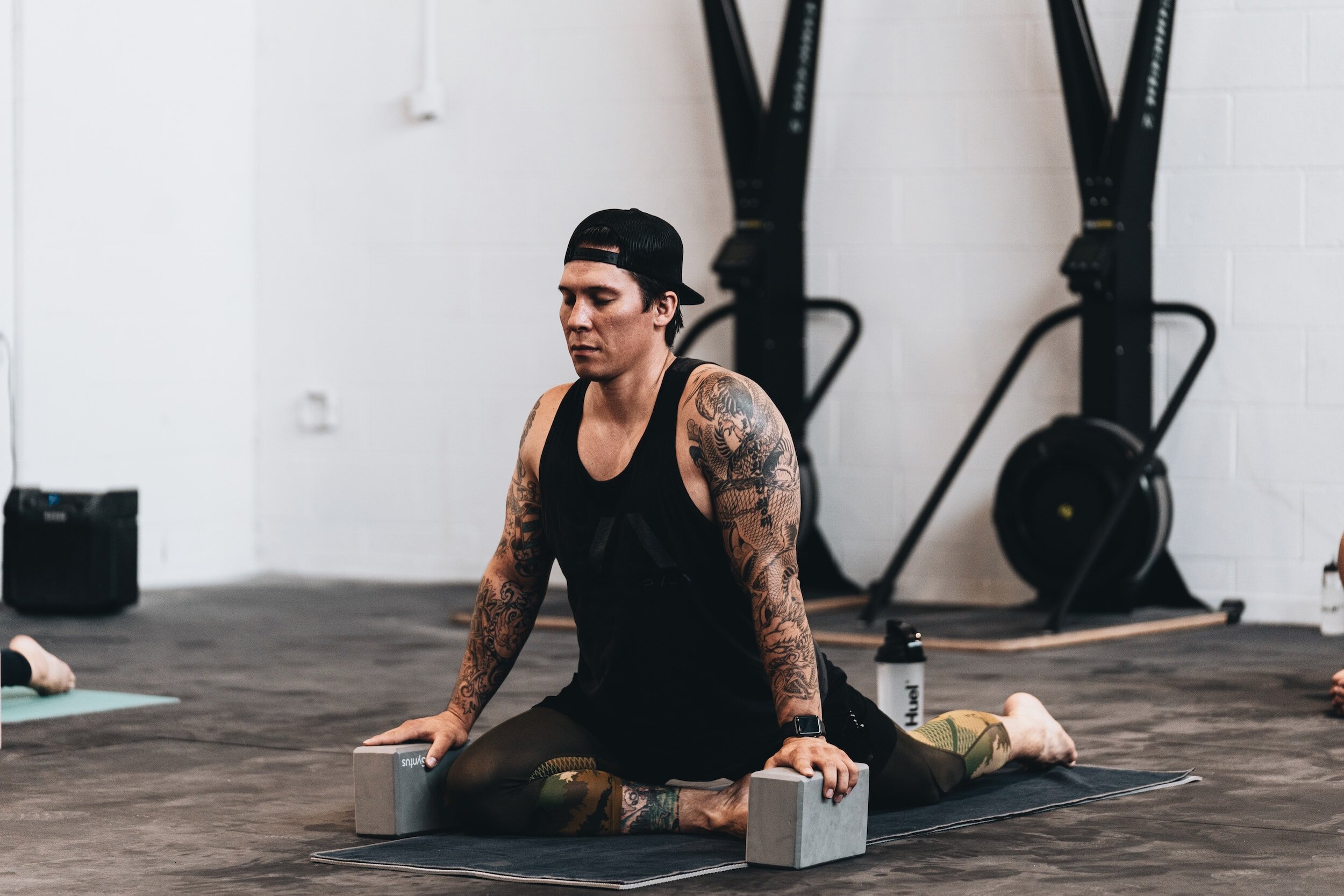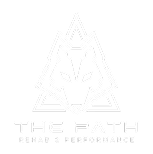3 Keys to Optimizing Recovery

For those of you who are go-getters and constantly pushing the dial forward in your physical performance, the focus is heavily on training intensity and volume. However, to truly maximize your gains and optimize your results, it is essential that you have a dialed in and consistent recovery plan. In this blog, we will be outlining the 3 keys to optimizing recovery for physical performance.
Nutrition
This may seem like a no-brainer, but it is the easiest one to address. At baseline, our bodies are metabolically active to ensure that all functions are working properly to keep us alive. That requires energy, and we obtain energy through food. If we are physically active and training hard, our bodies will require even more energy to fuel those workouts and optimize recovery afterwards. If we are consistently under-fueling or missing out on specific nutrients, our bodies will have less energy for performance, a faster onset of muscle fatigue, and a harder time rebuilding the system after training. When it comes to specific macro-nutrients, protein and carbohydrates are the two to focus on. Protein is the building block of muscle and connective tissues, if we are not hitting appropriate protein requirements, we will have a harder time building muscle and recovering the muscle damage that occurs during training. Carbohydrates give your body fuel for training and ensures that you have enough in the tank to combat fatigue levels and improve muscular endurance. The amount of protein and carbs differs per person, as it depends on their goals, activity levels, and demographics. If you are looking for a dialed in nutrition plan that is customized to you, click here to schedule with Coach Elise.
Sleep
If you been with us for a while you know how much we emphasize the importance of sleep. It is where all the magic happens. We spend our day depleting our nervous system’s battery, and sleep is when the body can recharge that battery. Enough quantity and good quality sleep are important for a multitude of reasons, but when it comes to physical performance it is when the body will repair tissues, boost immunity, release growth hormones, improve long-term memory, and replenish energy resources. Sleep deprivation (consistently less than 7 hours a night) can create a cascade of negative effects for the body, including increased cortisol, hormonal and cardiovascular impacts, decreased muscle recovery, decreased immune system, poor mood, increase injury risk and more.
Stress Management
Stress in itself is not a good or bad thing. What we want to pay attention to is the amount of stress, both physical and mental, that we have on our plate. Physical stress is needed to improve strength and develop performance, however too much of it can lead to overuse injuries, over-training syndromes, and other negative effects. Mental, or perceived, stress can be useful as motivation to get tasks done or make a positive lifestyle change. On the other hand, too much perceived stress, especially prolonged, can create an environment in which we are no longer having positive adaptations to that stress and causing more harm to our system. The balance is essential. Stress, either physical or mental, pushes our body into a “fight or flight” mode. If our body remains in that state daily for a prolonged period, the body can begin to increase cortisol levels as a response. The result of high cortisol levels (when we do not want them) can include high blood pressure, immune suppression, muscle weakness, decreased muscle growth, poor sleep, decreased bone health, and more. So how do we combat this? Well on the physical level, ensuring that your training program has scheduled de-loads in which intensity and volume decreases will give your body the break that it needs and adapt appropriately. Prioritize at least 1-2 rest days per week to manage the physical stress of pushing high intensity during the training cycle. For perceived stress, things like meditation, adequate sleep breath work, and self-awareness of stressors is key to managing mental stress long term.
Putting It All Together
When it comes to optimizing recovery, body work, foam rolling, Normatec boots can all help you feel good in the moment, but they will not help you recover efficiently if the basics are not covered. A solid nutrition foundation, consistent good quality sleep, and stress management are the keys to recover well and maximize the benefits of the hard work you put in day in and day out.
Dr. Paulina Tselikis
PT, DPT, ATC
Co-Owner | The PATH Rehab & Performance
Sign up for our newsletter
Join our community and receive exclusive physical therapy insights, training strategies, and recovery techniques tailored for active people.
